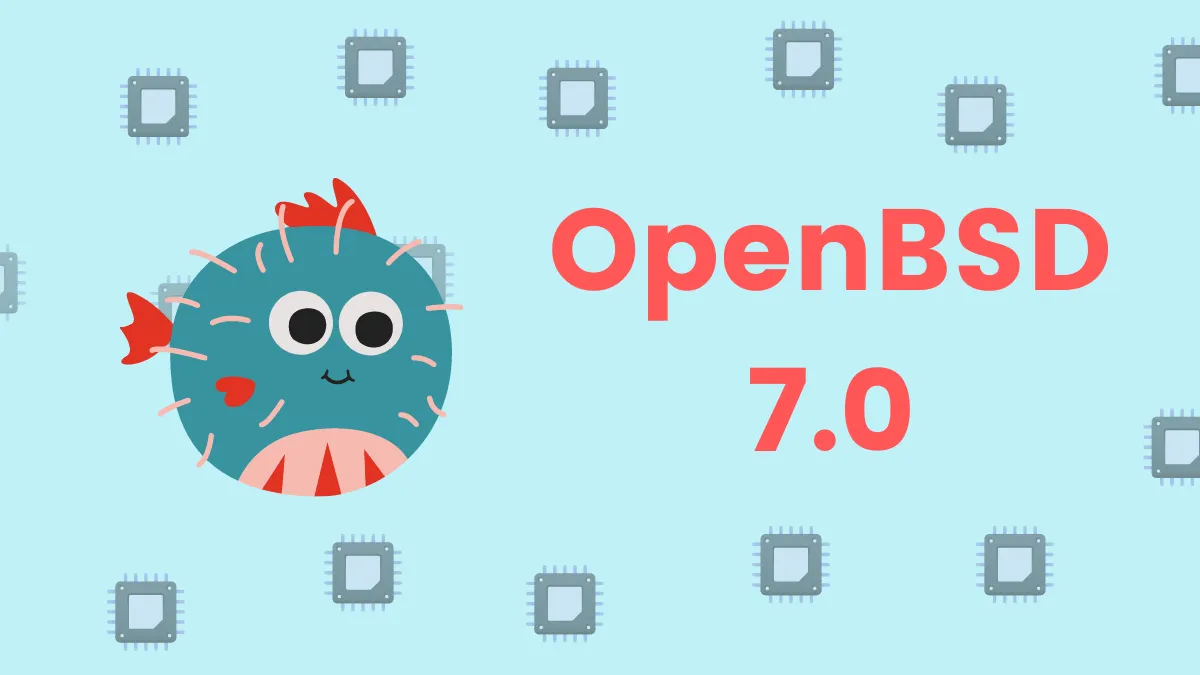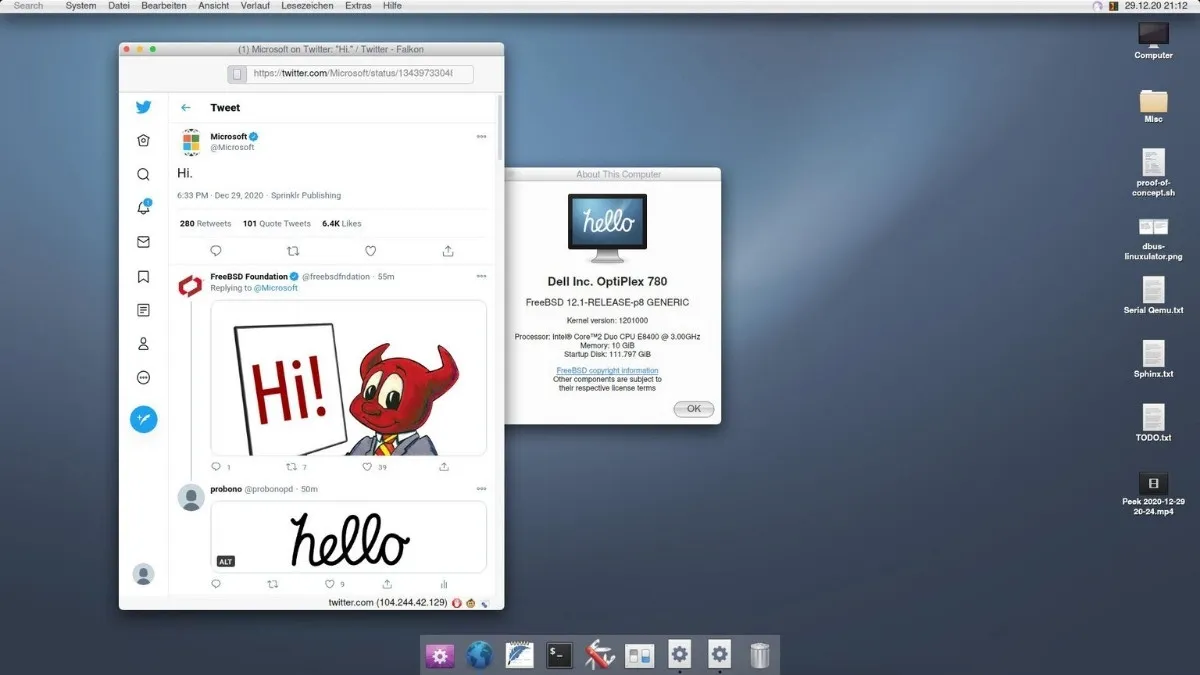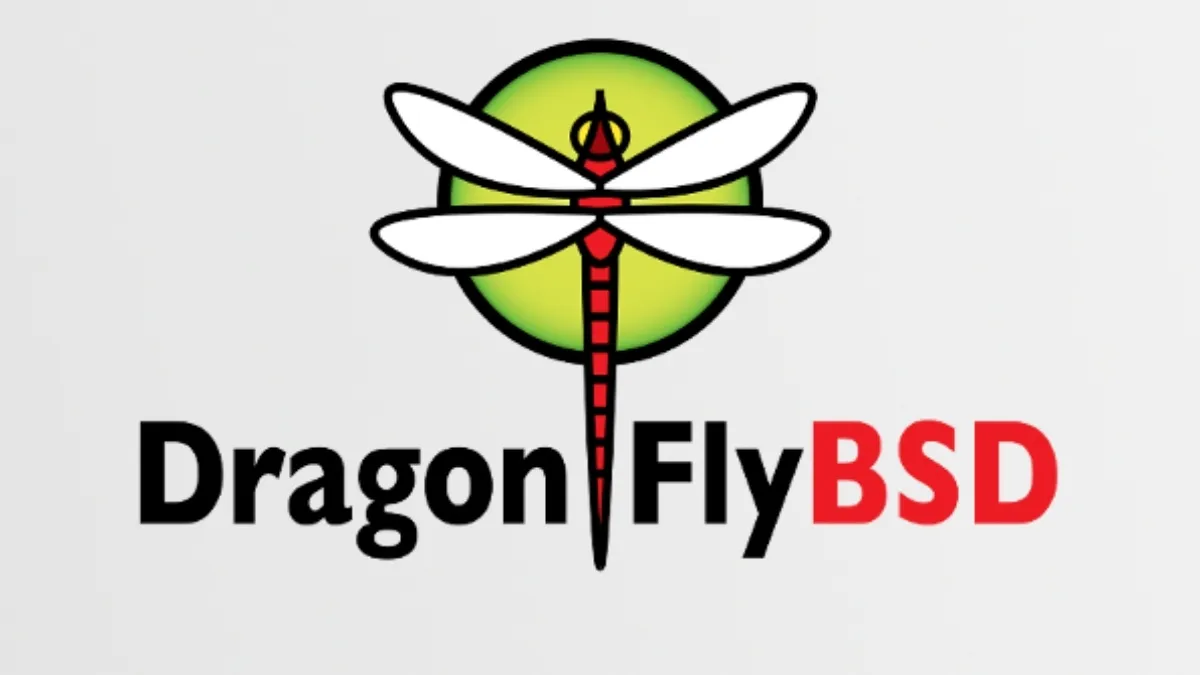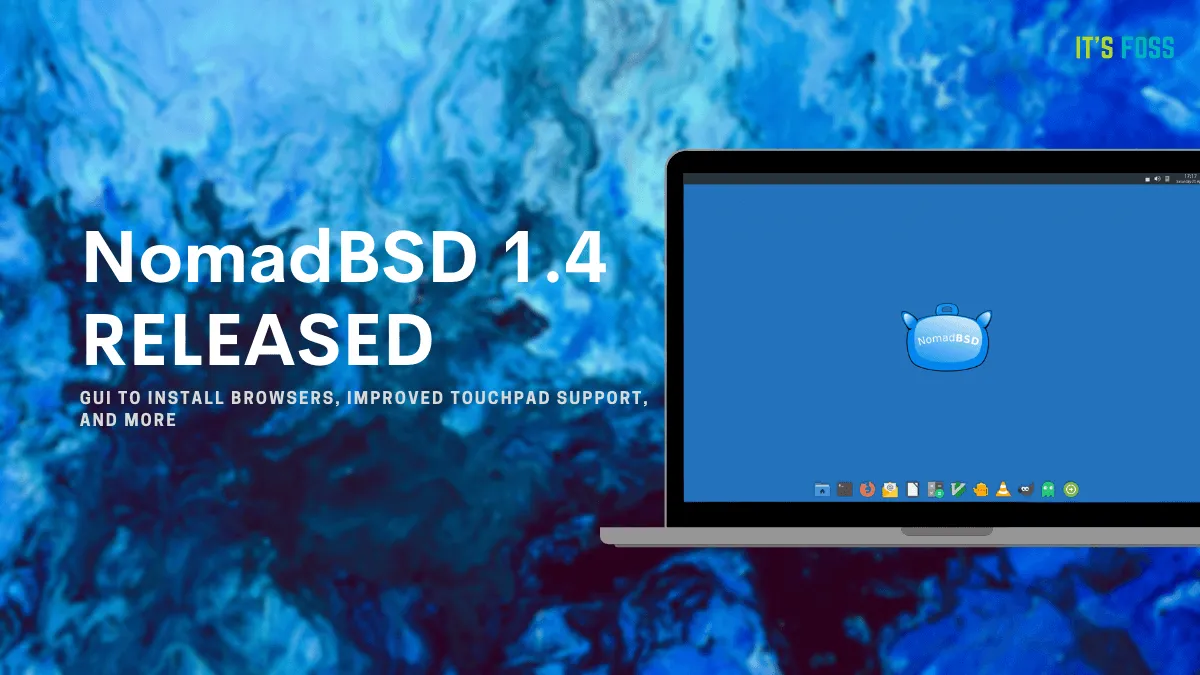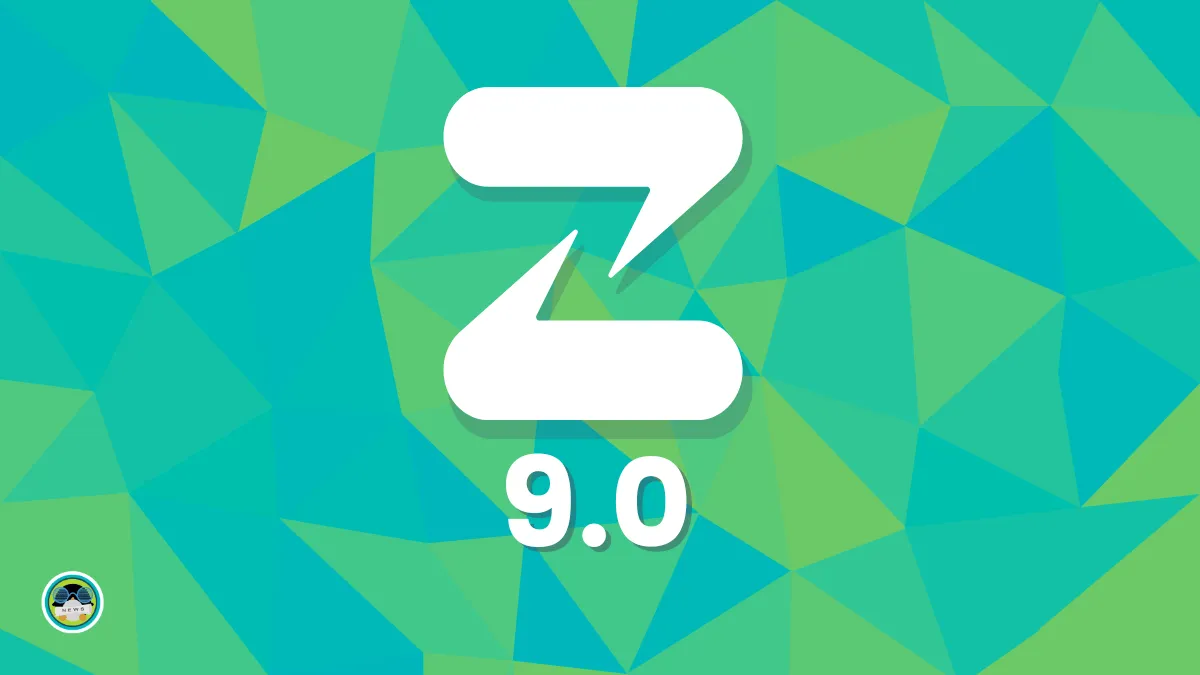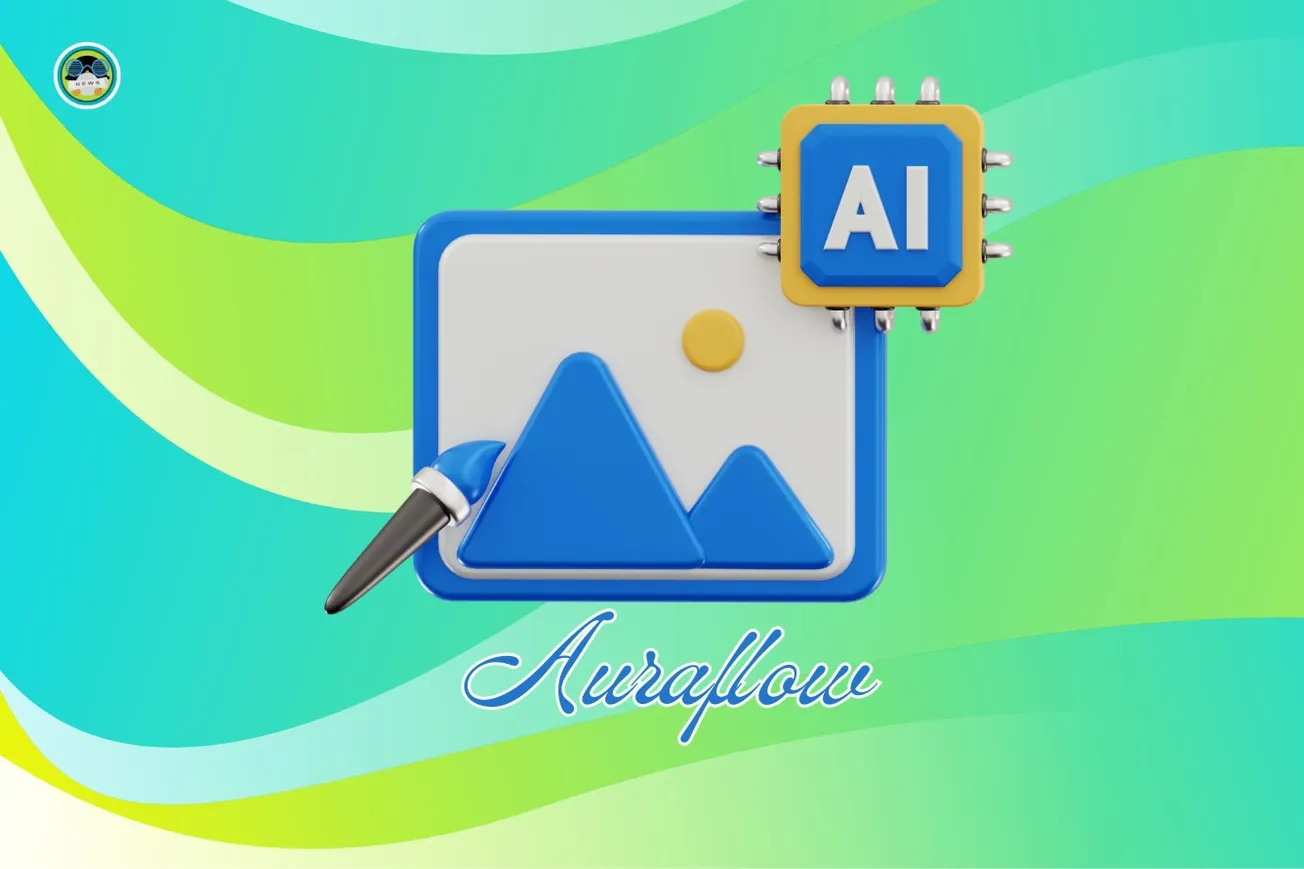
The 13th stable release of FreeBSD is here, with major upgrades including the transition to a new OpenZFS filesystem as well as an upgraded toolchain that aims to unify FreeBSD across all architectures.
Here, I will be discussing the key highlights of the release but me briefly introduce you to FreeBSD if you do not know about it.
What is FreeBSD?
FreeBSD is a Free and Open Source Operating System developed by a team of contributors from around the world.
One of its key advantages over Linux is the fact that it is licensed under the BSD license, which is much more permissive than the more commonly used GPL license.
The BSD license allows modified versions of the OS to be licensed under any license the developer wants, including a proprietary license. This has made it very popular for many large companies to base their software on, with well-known products and services such as OPNsense firewall, Netflix, and Sony’s PS3 and PS4 Operating Systems being based on FreeBSD.
Improvements in FreeBSD 13
With that short history lesson out of the way, we can move on to talk about some of the awesome improvements in FreeBSD 13.
For a complete list, you can refer to the release notes. Here is a list of the main improvements that is worth highlighting:
- New Clang/llvm toolchain (LLVM Clang 11)
- Support for obsolete hardware removed
- OpenZFS support
- Performance Improvements
Clang/llvm Support for All Platforms
After almost a decade of development, FreeBSD is moving all of its supported platforms to a modern llvm toolchain.
Although this has been supported on Tier-1 architectures for a few years now, the move to it for all supported devices opens the door to supporting RISC-V architectures, a key future platform.
Another huge bonus is the fact that it is licensed under the Apache 2.0 license, finally freeing this aspect of the FreeBSD project from the confines of GPL.
Obsolete Hardware Support Dropped
FreeBSD is known for being rather behind-the-times in terms of driver support, but a lesser known issue is the huge amount of obsolete drivers clogging up the codebase.
While dropping support for these may sound bad, it is actually a crucial part of one of FreeBSD 13’s aims of cleaning up the codebase.
This results in better performance on modern machines, while having a near-zero impact on support for the devices FreeBSD is actually used on. But that isn’t even the best bit. It means that the already time-pressured FreeBSD developers have more time to spend developing new drivers that support modern hardware, drawing even more users into FreeBSD.
OpenZFS Support Included
Although ZFS support has been included for years, the move to the new OpenZFS tree ensures that users get access to the latest features.
If you don’t already know, there are two main versions of ZFS: Oracle ZFS and OpenZFS. In 2010, when Oracle closed the source code of OpenSolaris, they also closed the source code for the ZFS file system.
A small group of developers then took on developing and maintaining the latest Open-Source version of ZFS, forming OpenZFS. Since then, they have added heaps of new features and bug fixes. FreeBSD’s move to OpenZFS allows its users access to all the new features OpenZFS sports.
Wrapping Up
With all these fantastic new features, there has never been a better time to get into FreeBSD. It seems that this release has been focused on cleaning the codebase and performance improvements, especially on Tier-2 architectures. Looking at the release notes, it is clear that this release has been very well thought-through.
What do you think about FreeBSD 13? Let me know in the comments below!
More from It's FOSS...
- Support us by opting for It's FOSS Plus membership.
- Join our community forum.
- 📩 Stay updated with the latest on Linux and Open Source. Get our weekly Newsletter.

